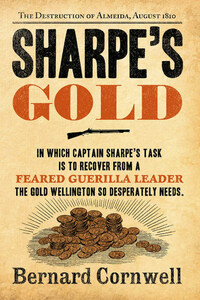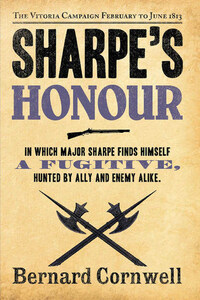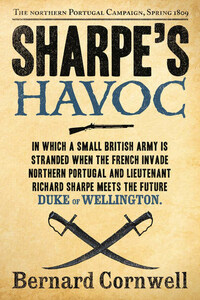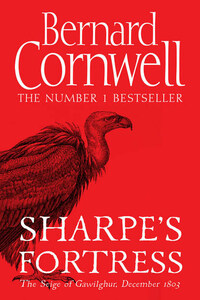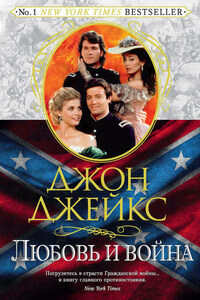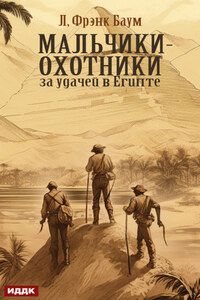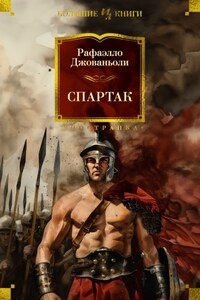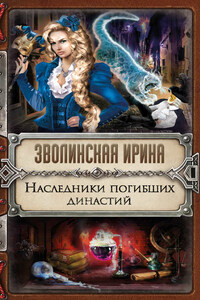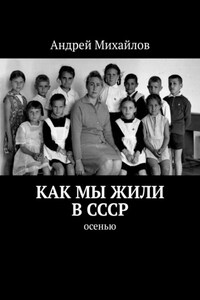This novel is a work of fiction.
The incidents and some of the characters portrayed in it, while based on real historical events and figures, are the work of the authorâs imagination.
Published by HarperCollinsPublishers Ltd
1 London Bridge Street
London SE1 9GF
www.harpercollins.co.uk
First published in Great Britain by Collins 1981
Copyright © Rifleman Productions Ltd 1981
Bernard Cornwell asserts the moral right to be identified as the author of this work
A catalogue record for this book is available from the British Library
All rights reserved under International and Pan-American Copyright Conventions. By payment of the required fees, you have been granted the non-exclusive, non-transferable right to access and read the text of this ebook on-screen. No part of this text may be reproduced, transmitted, down-loaded, decompiled, reverse engineered, or stored in or introduced into any information storage and retrieval system, in any form or by any means, whether electronic or mechanical, now known or hereinafter invented, without the express written permission of HarperCollins ebooks
HarperCollinsPublishers has made every reasonable effort to ensure that any picture content and written content in this ebook has been included or removed in accordance with the contractual and technological constraints in operation at the time of publication
Source ISBN: 9780006173144
Ebook Edition © March 2012 ISBN: 9780007338672 Version: 2017-05-06
The war was lost; not finished, but lost. Everyone knew it, from Generals of Division to the whores of Lisbon: that the British were trapped, trussed, ready for cooking, and all Europe waited for the master chef himself, Bonaparte, to cross the mountains and put his finishing touch to the roast. Then, to add insult to imminent defeat, it seemed that the small British army was not worthy of the great Bonaparteâs attention. The war was lost.
Spain had fallen. The last Spanish armies had gone, butchered into the history books, and all that was left was the fortress harbour of Cádiz and the peasants who fought the guerrilla, the âlittle warâ. They fought with Spanish knives and British guns, with ambush and terror, till the French troops loathed and feared the Spanish people. But the little war was not the war, and that, everyone said, was lost.
Captain Richard Sharpe, once of His Majestyâs 95th Rifles, now Captain of the Light Company of the South Essex Regiment, did not think that the war was lost, although, despite that, he was in a foul mood, morose and irritable. Rain had fallen since dawn and had turned the dust of the roadâs surface into slick, slippery mud and made his Riflemanâs uniform clammy and uncomfortable. He marched in solitary silence, listening to his men chatter, and Lieutenant Robert Knowles and Sergeant Patrick Harper, who both would normally have sought his company, let him alone. Lieutenant Knowles had commented on Sharpeâs mood, but the huge Irish Sergeant had shaken his head.
âThereâs no chance of cheering him up, sir. He likes being miserable, so he does, and the bastard will get over it.â
Knowles shrugged. He rather disapproved of a Sergeant calling a Captain a âbastardâ, but there was no point in protesting. The Sergeant would look innocent and assure Knowles that the Captainâs parents had never married, which was true, and anyway Patrick Harper had fought beside Sharpe for years and had a friendship with the Captain that Knowles rather envied. It had taken Knowles months to understand the friendship, which was not, as many officers thought, based on the fact that Sharpe had once been a private soldier, marching and fighting in the ranks, and now, elevated to the glories of the officersâ mess, still sought out the company of the lower ranks. âOnce a peasant, always a peasant,â an officer had sneered, and Sharpe had heard, looked at the man, and Knowles had seen the fear come under the impact of those chilling, mocking eyes. Besides, Sharpe and Harper did not spend off-duty time together; the difference in rank made that impossible. But still, behind the formal relationship, Knowles saw the friendship. Both were big men, the Irishman hugely strong, and both confident in their abilities. Knowles could never imagine either out of uniform. It was as if they had been born to the job and it was on the battlefield, where most men thought nervously of their own survival, that Sharpe and Harper came together in an uncanny understanding. It was almost, Knowles thought, as if they were at home on a battlefield, and he envied them.
